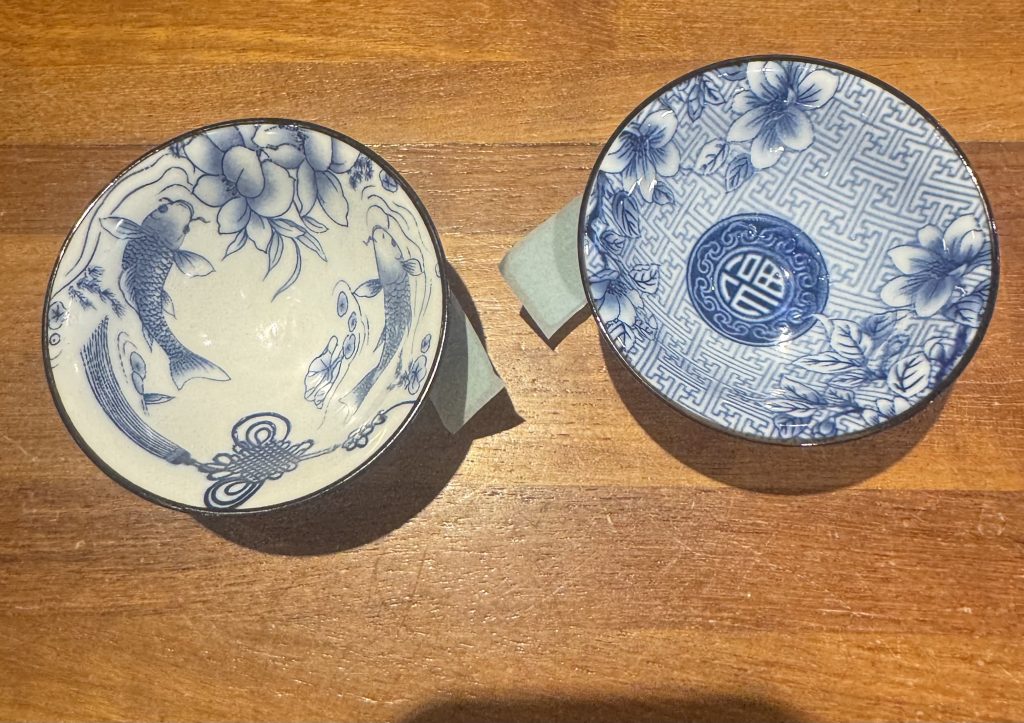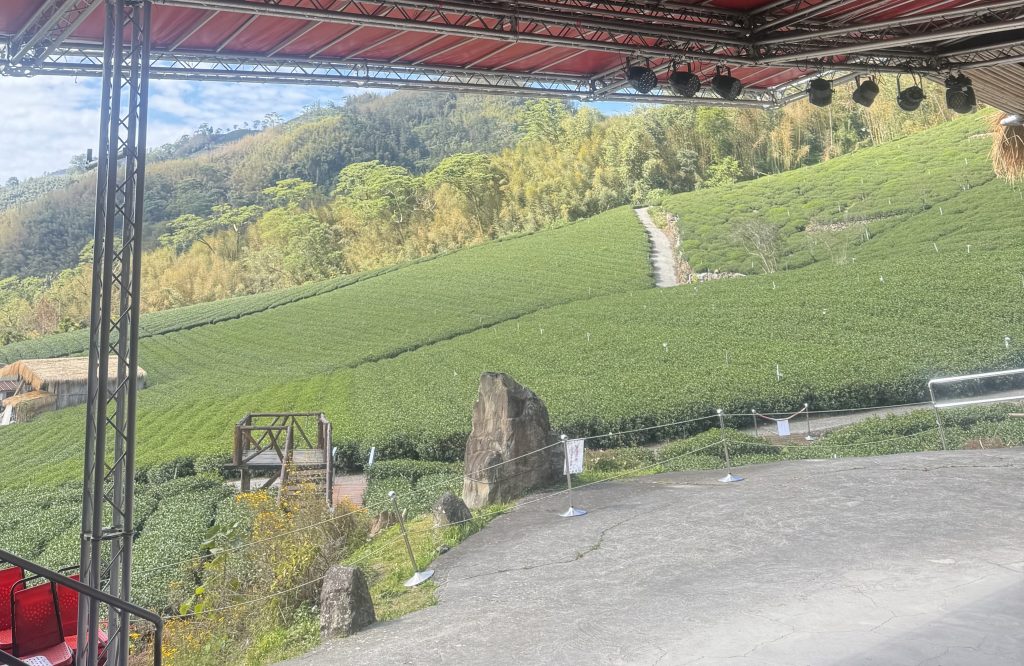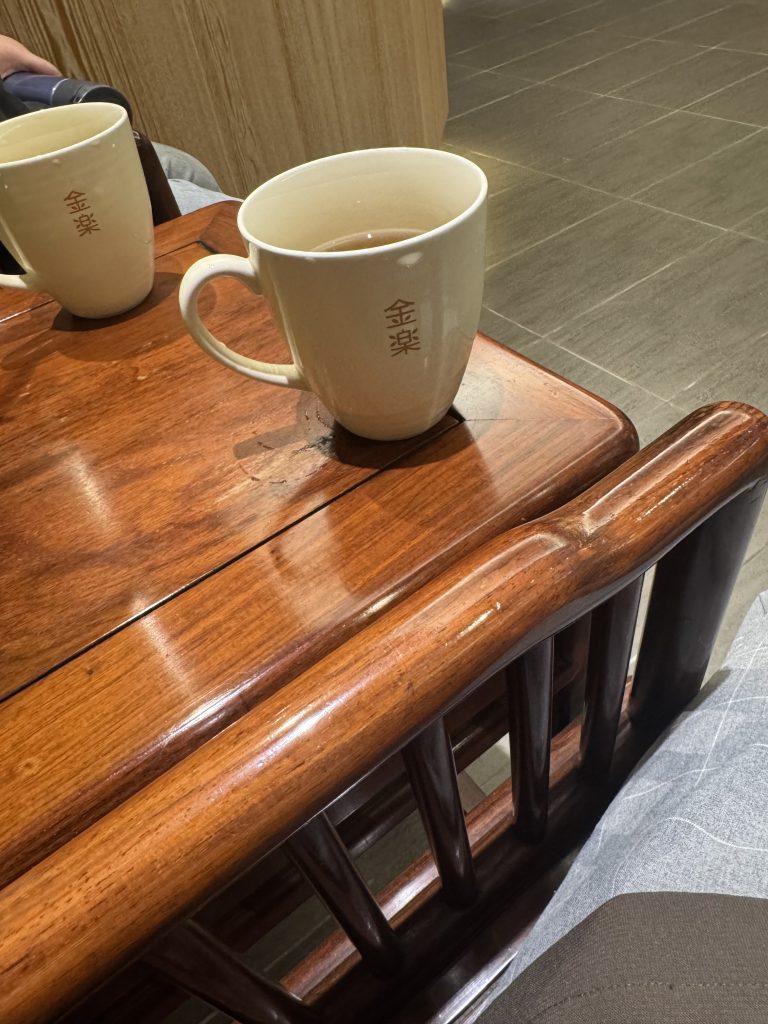Something I found strikingly different in Taiwan compared to any other country I’ve visited is the deep love and respect for tea. When traveling in Taiwan, tea is far more common than water, soda, or juice. In fact, tea is so ingrained in everyday life that a teashop is often more accessible than a fast-food restaurant. Tea is served with every meal, and it’s drunk throughout the day, at any time. It’s not just a beverage; it’s a cultural ritual that weaves its way through the fabric of Taiwanese life.

Before coming to Taiwan, I wasn’t particularly fond of tea, but my time here has given me a newfound appreciation for it. I’ve come to savor its subtleties, whether it’s the delicate floral notes of a high-mountain oolong or the earthy richness of a traditional black tea. The flavors are much more complex than I had ever imagined, and I’ve found that there’s an art to brewing and savoring tea that adds depth to the experience.

One of the most interesting encounters I had was when we visited the Alishan mountain range. There, we met many of the local indigenous people, and it was clear that tea is woven into every aspect of their lives. Whether it was in the clothes they wore, the candy they ate, or even in their meals, everything seemed to either be made from tea or infused with it in some way. The Alishan people, who grow tea as their primary source of income, have an incredible respect for the plant. It’s more than just a livelihood for them, it’s a vital part of their identity and their culture. The reverence they show towards the tea plant reflects a deep understanding of its importance not only for sustenance but also maintaining longstanding tradition.

